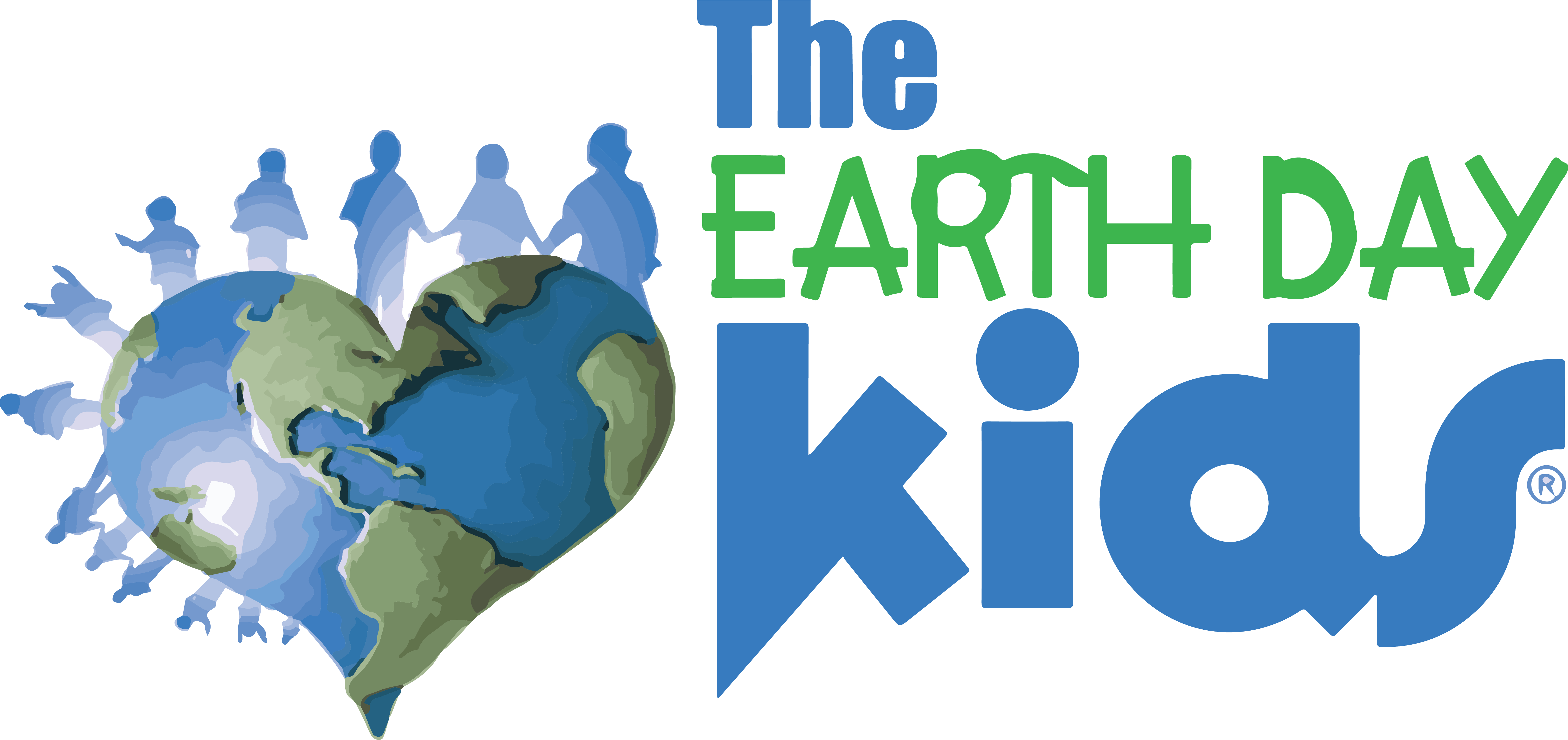Philadelphia, known for its rich history and vibrant culture, is facing an escalating crisis: gun violence. This once-thriving city of brotherly love has become a battleground where lives are lost daily to senseless acts of violence. The impact on communities is profound, with families torn apart and neighborhoods left in fear. To understand the gravity of the situation, it’s essential to look at the statistics and hear the voices of those affected.
A Surge in Gun Violence
Gun violence in Philadelphia has reached alarming levels. According to data from the Philadelphia Police Department, as of mid-2024, the city has experienced over 300 homicides, the majority of which were committed with firearms. This marks a 5% increase from the previous year, continuing a troubling trend that has persisted for the past decade. The Gun Violence Archive reports that Philadelphia consistently ranks among the top cities in the United States for firearm-related incidents.
One of the most concerning aspects of this crisis is the increase in youth involvement. In 2023, more than 100 victims of gun violence were under the age of 18. The city’s youth are increasingly both the perpetrators and victims of these crimes, creating a vicious cycle of violence that is difficult to break.
The Human Toll
Beyond the numbers, the personal stories of loss and trauma highlight the deep scars that gun violence leaves on communities. “I lost my son to gun violence last year,” says Maria Jenkins, a resident of North Philadelphia. “He was only 16, just a kid with his whole life ahead of him. Now, all I have left are memories and a deep hole in my heart.”
Maria’s story is tragically common. For every life lost, there are families and friends left to pick up the pieces. Communities are traumatized, with residents living in constant fear of the next shooting. The psychological impact is profound, with studies showing that exposure to gun violence significantly increases the risk of mental health issues, particularly in children and adolescents.
The Struggle for Solutions
Addressing gun violence in Philadelphia requires a multi-faceted approach. Mayor Jim Kenney has called the situation “a public health emergency” and has implemented several initiatives aimed at reducing violence. These include increased funding for community-based organizations, expanded mental health services, and stricter gun control measures.
However, these efforts face significant challenges. The proliferation of illegal firearms remains a major hurdle. Despite stricter gun laws, the flow of illegal guns into the city continues unabated, contributing to the high rates of violence. Additionally, deep-seated issues such as poverty, lack of education, and limited economic opportunities fuel the cycle of violence.
Community leaders and activists are also stepping up to combat this crisis. “We need to address the root causes of violence,” says Tyrone Brown, a local activist who runs a violence prevention program. “It’s not just about taking guns off the streets; it’s about providing hope and opportunities for our young people.”
Moving Forward
The road to reducing gun violence in Philadelphia is long and fraught with challenges. It requires a concerted effort from all sectors of society, including government, law enforcement, community organizations, and citizens. While there are no easy answers, the city must continue to innovate and invest in solutions that address both the symptoms and the root causes of violence.
As Philadelphia grapples with this crisis, the voices of those affected serve as a reminder of what is at stake. The city’s future depends on its ability to create safe and thriving communities where all residents can live without fear of violence.
“We can’t bring back those we’ve lost,” says Maria Jenkins, “but we can fight to make sure no other mother has to go through what I did.”
Conclusion
Gun violence in Philadelphia is more than just a statistic; it’s a human tragedy that affects every corner of the city. By understanding the scope of the problem and listening to those most impacted, the community can begin to heal and find ways to prevent further loss. It will take time, resources, and a commitment to change, but with collective action, there is hope that Philadelphia can overcome this crisis and rebuild its legacy as a city of brotherly love.

